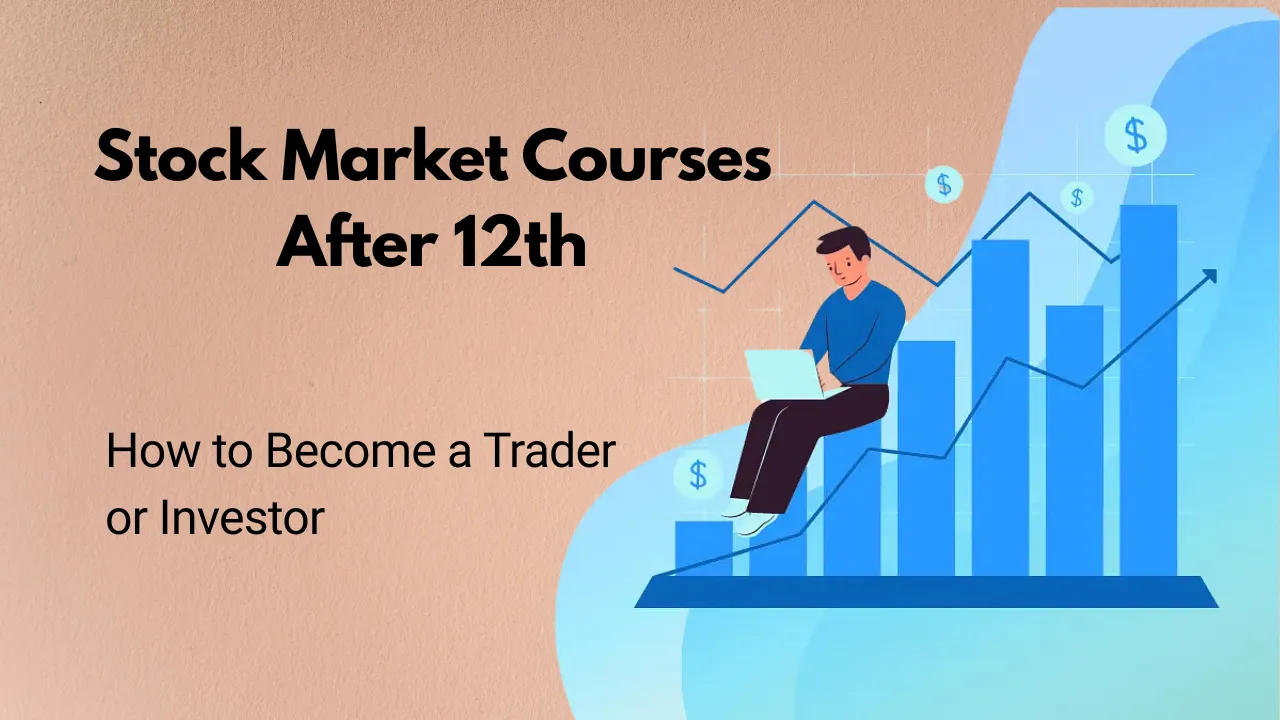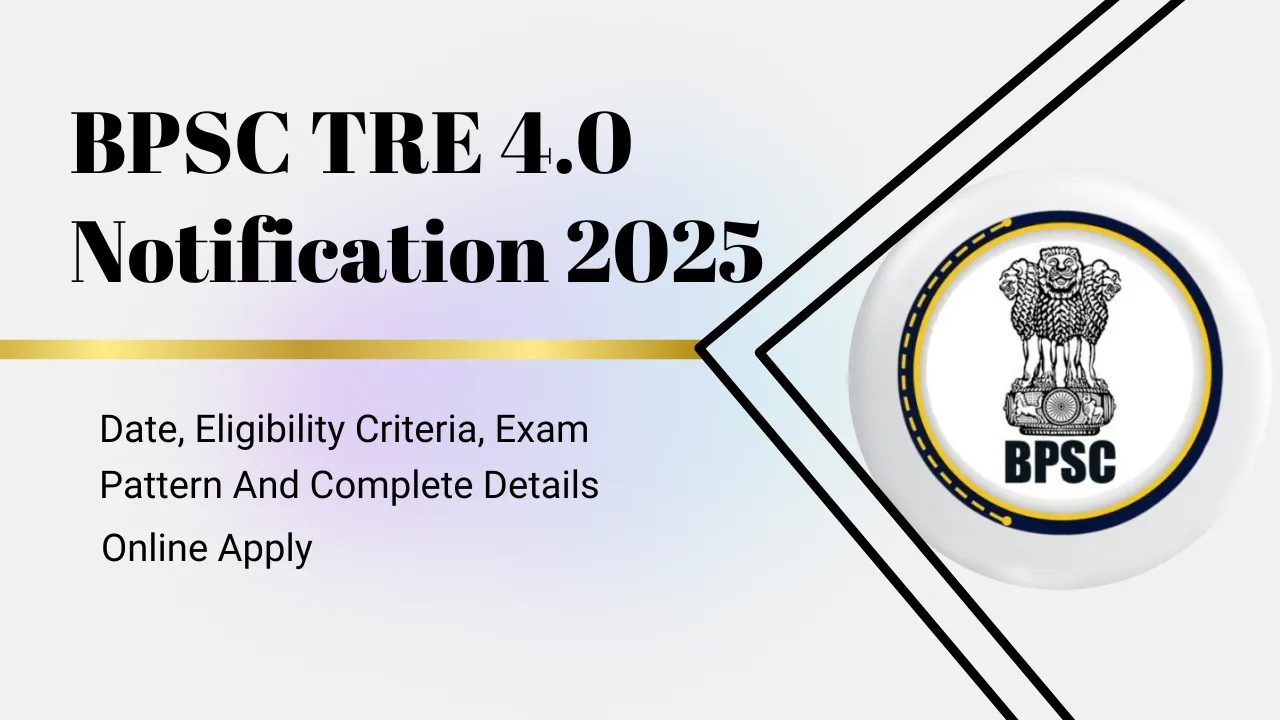Stock Market Courses After 12th: Exploring stock market courses after 12th is a smart move for students who want to enter the world of trading or investing early. The stock market offers exciting opportunities to grow wealth, and with the right knowledge and skills, you can start your journey as a trader or investor right after school.
In this guide, we’ll explain how to choose the best stock market courses after 12th, build essential skills, and take practical steps to become a confident market participant.
Build a Strong Foundation Through Stock Market Courses
The first step to success in trading or investing is education. There are many stock market courses after 12th designed for beginners. These courses teach you how the stock market works, introduce key terms, and explain strategies for both trading and investing.
Popular topics covered in these courses include:
- Basics of stock markets and exchanges.
- Difference between trading and investing.
- Fundamental and technical analysis.
- Risk management techniques.
- Introduction to derivatives like futures and options.
- Understanding market regulations by SEBI.
Some reputed institutes and platforms offering these courses are:
- NSE Academy
- NISM (National Institute of Securities Markets)
- IFMC Institute
- NIWS
- Online platforms like Coursera, Udemy, and edX.
These stock market courses after 12th not only provide certificates but also help you develop the confidence to make informed decisions in the market.
Understand How the Stock Market Works
Before investing real money, it’s important to understand the basics. A good stock market course after 12th will explain:
- How shares are bought and sold.
- The role of stock exchanges like NSE and BSE.
- How brokers facilitate trades.
- The types of stocks (large-cap, mid-cap, small-cap).
- What influences stock prices, such as company performance, economic news, and global events.
This foundational knowledge will help you avoid common beginner mistakes.
Develop Key Skills for Trading and Investing
To succeed after completing stock market courses after 12th, you’ll need to develop several important skills:
- Analytical Skills: Learn to read financial statements and analyze market trends.
- Research Skills: Study companies before investing.
- Risk Management: Protect your capital by setting limits on how much you can lose.
- Patience and Discipline: Stick to your strategy and avoid emotional decisions.
- Decision-Making: Make informed choices based on data, not market rumors.
- Continuous Learning: The stock market changes daily, so stay updated.
These skills will set you apart as a serious trader or investor.
List of Popular Stock Market Courses After 12th
Here are some top-rated options to consider:
- NSE Academy’s Financial Markets Courses
- NISM Certification Modules
- IFMC Institute’s Stock Market Certificate
- NIWS Trading and Investment Programs
- CA Rachana Ranade’s Beginner to Advanced Stock Market Courses
- Coursera’s “Investing for Beginners” Specializations
- Udemy’s Technical Analysis and Trading Strategies Courses
- edX Finance and Stock Market Basics
These stock market courses after 12th are ideal for building your knowledge step by step.
Gain Practical Experience
After learning the theory, it’s time to apply it. Open a Demat and trading account with a trusted broker. Start small—invest only what you can afford to lose.
Many platforms offer virtual trading accounts, also known as paper trading. This lets you practice in real market conditions without risking real money. It’s a great way to test strategies learned from stock market courses after 12th.
Keep a journal of your trades or investments to track progress and learn from your decisions.
Choose Your Path: Trader or Investor?
When you complete your stock market courses after 12th, you’ll need to decide if you want to focus on trading or investing.
- Trader: Focuses on short-term market movements. This path requires daily market monitoring and quick decision-making. Intraday trading and swing trading are common styles.
- Investor: Looks at the long-term growth of companies. Investors buy quality stocks and hold them for years, focusing on fundamental analysis.
Both paths require discipline, but your choice will depend on your risk appetite, time availability, and financial goals.
Stay Updated and Keep Learning
The journey doesn’t end after completing stock market courses after 12th. The stock market is dynamic, and staying informed is crucial.
- Read financial news daily.
- Follow market trends and economic updates.
- Join webinars, workshops, and online communities.
- Network with other traders and investors to exchange ideas.
Continuous learning will help you adapt to market changes and improve your strategies.
FAQs
Can I start trading after 12th?
Yes, with the right knowledge from stock market courses after 12th, you can start trading by opening a Demat and trading account.
Which is the best stock market course after 12th?
Courses from NSE Academy, NISM, and online platforms like Coursera and Udemy are great options for beginners.
Is a degree required to become a trader or investor?
No, a degree is not mandatory. Skills, knowledge, and practical experience matter more in the stock market.
How much money do I need to start investing?
You can start investing with as little as ₹500. It’s wise to begin small and increase your investment as you gain confidence.
Is trading risky for beginners?
Yes, trading involves risk. That’s why proper education and risk management are essential before starting.
Final Thought
Starting your journey with stock market courses after 12th is a great way to enter the world of trading and investing early. With the right education, practical experience, and disciplined approach, you can build a strong foundation for long-term success. If you found this guide helpful, drop a comment or share it with someone interested in the stock market. Explore more articles to continue learning and mastering financial skills!
















